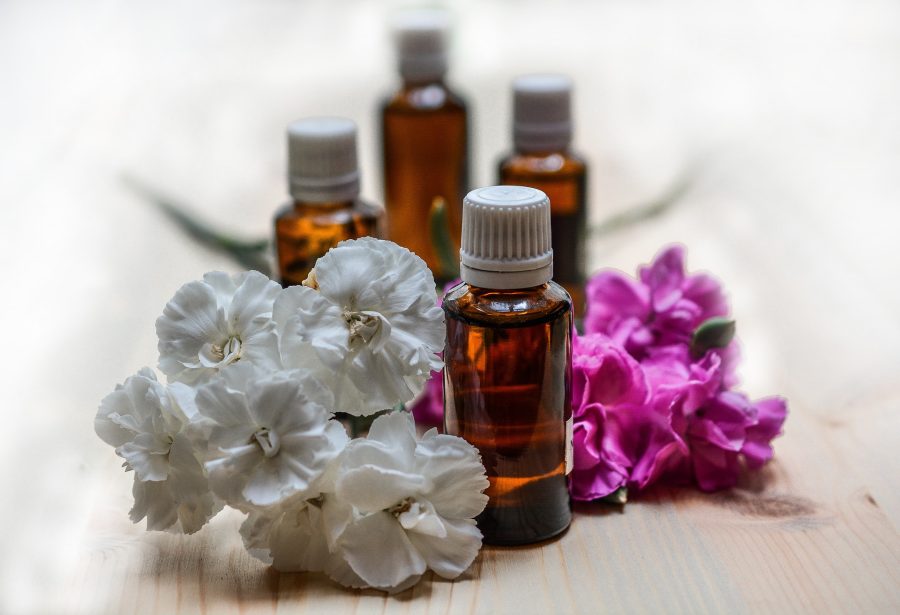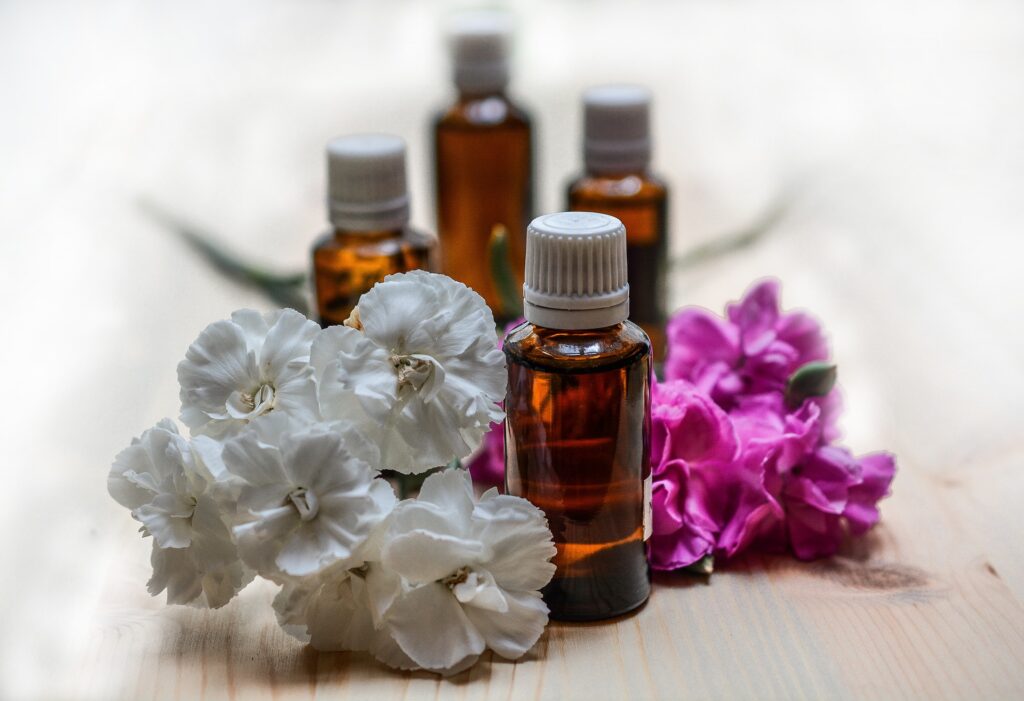
This post may contain affiliate links.
Allergies can be a real pain, causing symptoms such as runny nose, itchy eyes, and congestion that can make it difficult to go about your day-to-day activities. Many people turn to over-the-counter medications to help relieve their allergy symptoms, but these medications often come with unwanted side effects. Fortunately, there is a natural solution that can help alleviate allergy symptoms without any side effects – essential oils.
Essential oils are highly concentrated plant extracts that have been used for centuries for their therapeutic properties. When it comes to allergies, essential oils can help reduce inflammation, relieve congestion, and soothe irritated airways. Essential oils are a safe and effective alternative to traditional allergy medications, and they can be used in a variety of ways to help alleviate allergy symptoms.
Allergies occur when your immune system overreacts to a foreign substance, such as pollen, dust, or pet dander. This overreaction can cause a variety of symptoms, including sneezing, runny nose, itchy eyes, and congestion. Allergies can be seasonal or year-round, and they can range from mild to severe.
Essential oils can help with allergies in several ways. First, they have anti-inflammatory properties that can help reduce inflammation in the airways, which can help alleviate congestion and improve breathing. Second, they have antihistamine properties that can help reduce the body’s response to allergens. Third, they have antimicrobial properties that can help fight off infections that can exacerbate allergy symptoms.

There are several essential oils that are particularly effective for allergies. Here are the top five:
Lavender essential oil has anti-inflammatory and antihistamine properties that can help reduce inflammation and alleviate allergy symptoms. It can also help relieve stress and promote relaxation, which can be beneficial for people with allergies.
Lemon essential oil has antimicrobial properties that can help fight off infections that can exacerbate allergy symptoms. It also has anti-inflammatory properties that can help reduce inflammation in the airways.
Peppermint essential oil has anti-inflammatory and decongestant properties that can help reduce inflammation and alleviate congestion. It can also help relieve headaches and improve mental clarity.
Eucalyptus essential oil has decongestant properties that can help alleviate congestion and improve breathing. It also has antimicrobial properties that can help fight off infections that can exacerbate allergy symptoms.
Tea tree essential oil has antimicrobial properties that can help fight off infections that can exacerbate allergy symptoms. It also has anti-inflammatory properties that can help reduce inflammation in the airways.
Essential oil blends can be particularly effective for allergies, as they combine the therapeutic properties of multiple essential oils. Here are three essential oil blends for allergies:
Mix the oils together in a diffuser and diffuse for 30 minutes at a time, up to three times a day.
Mix the oils together in a bowl of hot water and inhale the steam for 10-15 minutes, up to three times a day.
Mix the oils together in a roller bottle with carrier oil and apply to the chest, temples, and back of neck as needed.
Here are some best practices to keep in mind when using essential oils for allergies:

In addition to essential oils, there are several other natural remedies that can help alleviate allergy symptoms. These include:
You can buy essential oils for allergies at health food stores, online retailers, and some pharmacies. Look for high-quality essential oils that are pure and organic, and avoid essential oils that contain synthetic fragrances or additives.
While essential oils are generally safe, there are some precautions to keep in mind when using them for allergies. These include:
Essential oils are a safe and effective alternative to traditional allergy medications. They can help reduce inflammation, relieve congestion, and soothe irritated airways. The best essential oils for allergies are lavender, lemon, peppermint, eucalyptus, and tea tree, and essential oil blends can be particularly effective. When using essential oils for allergies, it’s important to dilute them with a carrier oil, do a patch test, and use them in moderation. With these precautions in mind, essential oils can be a powerful tool for managing allergy symptoms naturally.
Try incorporating essential oils into your allergy management routine and see how they can help alleviate your symptoms naturally.
Isaiah Harris

Hi, my name is Isaiah, and I’m a passionate advocate for natural remedies and living. I believe that natural remedies can be an effective way to help people achieve better health and wellness. For the past few years, I’ve been creating content about natural remedies and sharing my own experiences with them.




